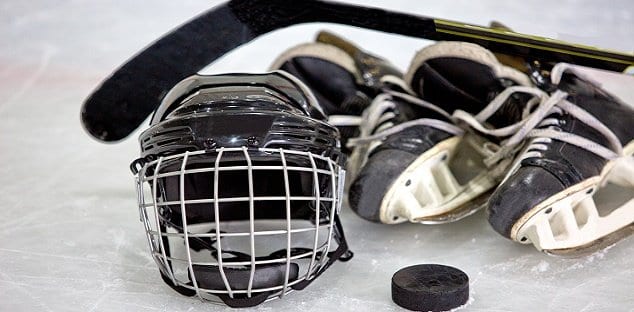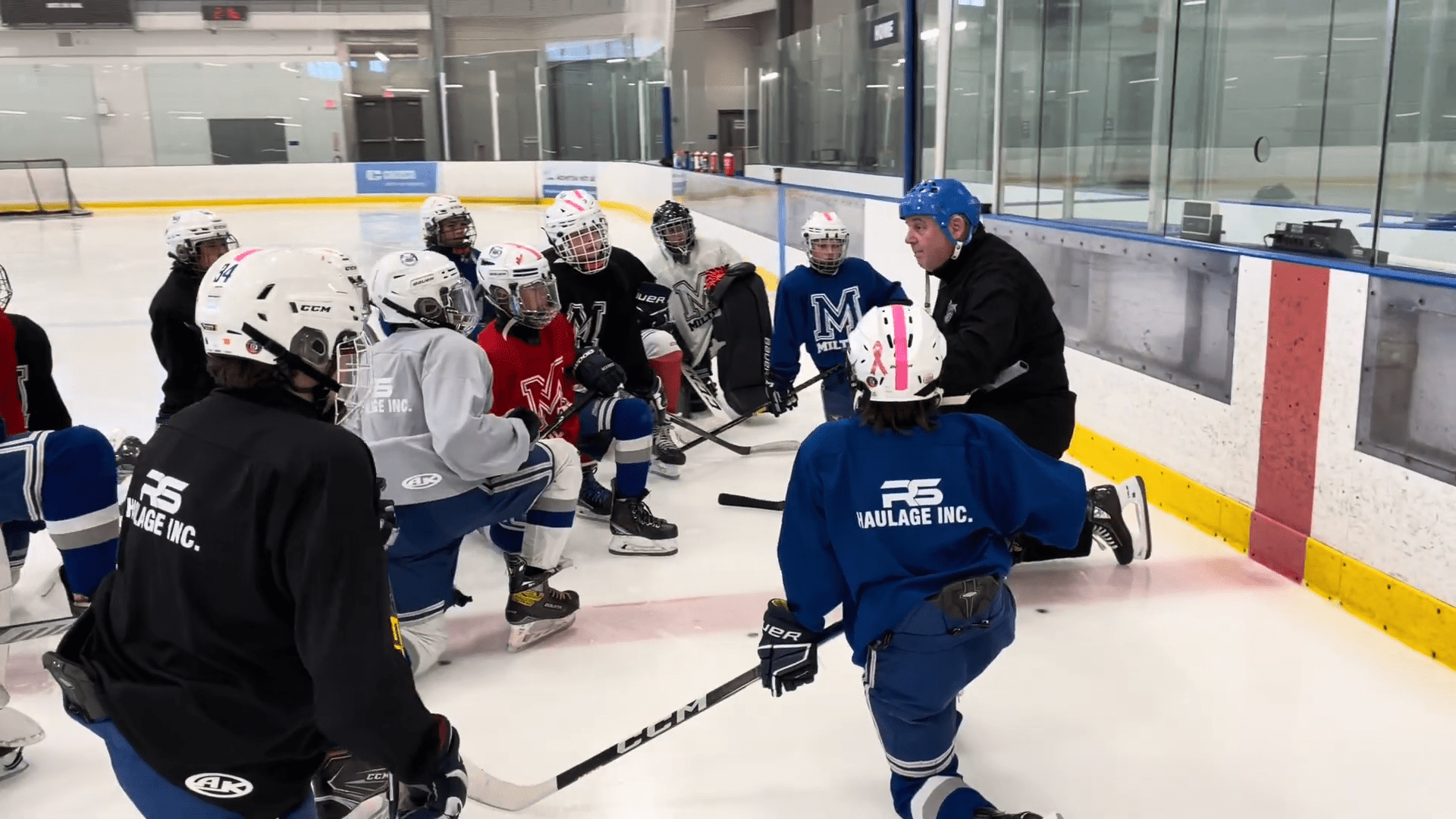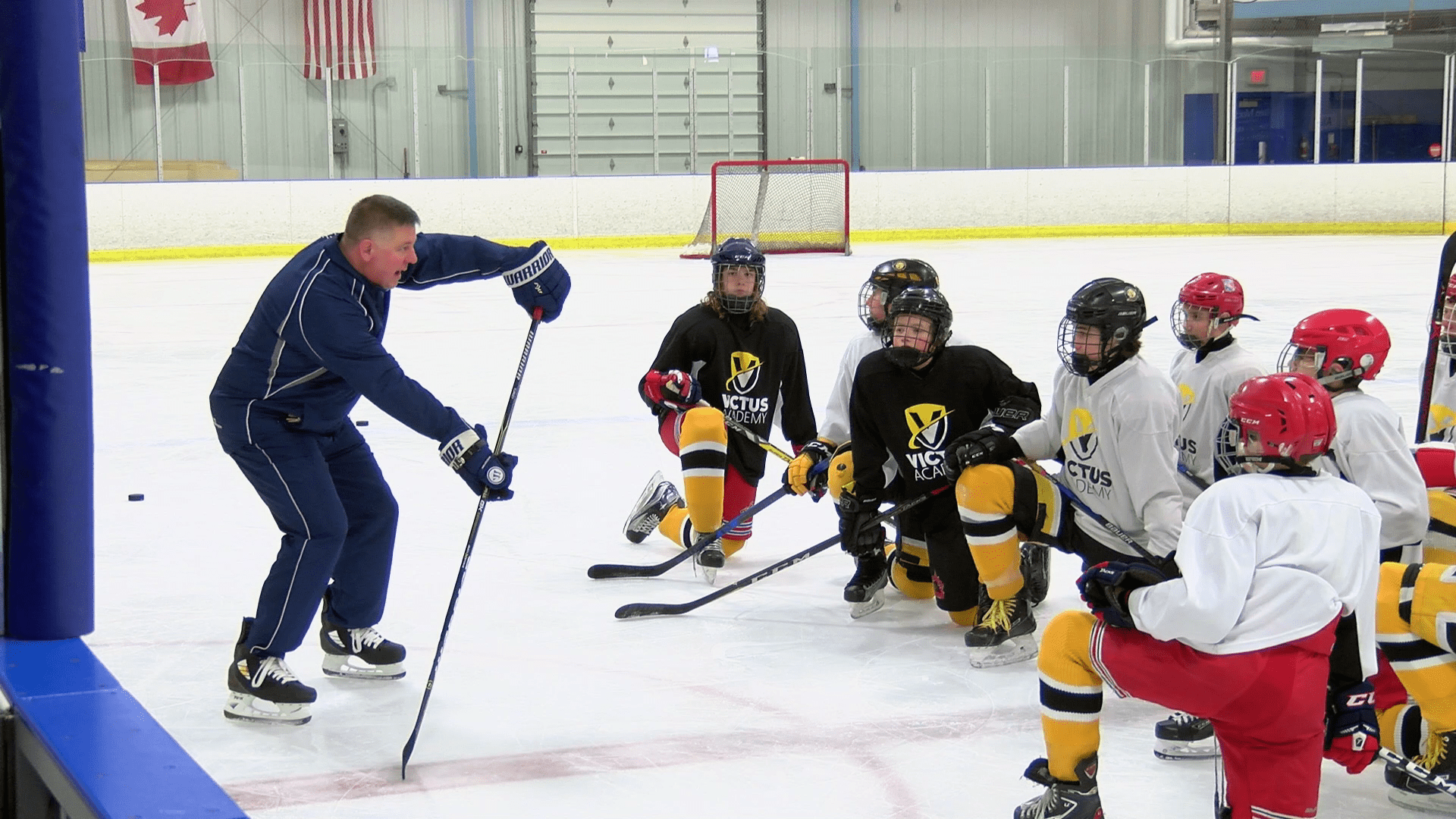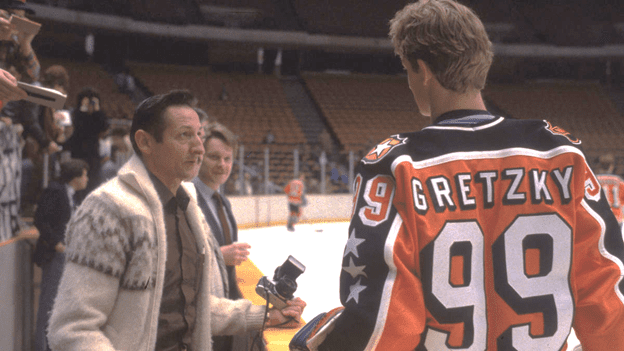Professional hockey is what almost every minor hockey player aspires to do as they learn the game and develop their skills. Many try, but only a few hard-working people get to play in the spotlight with millions of fans watching their every move. Rising through the hockey ranks to eventually become a pro player is an incredible accomplishment; one that brings with it a great reward.
The journey of a professional hockey player is always an exciting one. They’re signed to a team for which they get to play their favorite sport and battle for supremacy and bragging rights. This is all while getting paid some serious dollars. The prospects of trades and new deals always keep them on their toes, and they train to become better players every single day. They make plenty of lifelong friends and potentially a few lifelong rivals. They strive to both work hard and have fun for as long as they get to play the game.
That’s just the problem, though. Professional hockey is a limited career. How many 70-year-olds do you see in the NHL or any other pro hockey league? The journey can’t last forever.
So, what do NHL hockey players do when they retire? The answer varies widely depending on the person, of course, so let’s look at some of the most common activity choices for retiring hockey pros.
A Tough Transition
First and foremost, retiring from professional hockey is a difficult transition for many. Pro hockey players spend an overwhelming amount of their time on hockey, be it training, playing games, attending press conferences, etc. Humans are motivated; we always want to feel like we’re being productive and working towards a fulfilling goal. So, when pro hockey players retire, there is often an urgent feeling to find a replacement activity.
Because of the structure of professional hockey, however, many skills and interests that the players had before beginning their careers can feel distant and foreign. Players seldom have the time to keep up with hobbies when they’re playing in professional hockey leagues. Plus many hockey players are stuck with a need for competition when they retire. Finally, life in pro hockey is full of routines. Suddenly not having those same routines can be very bothersome.
So, an ex-NHL hockey player finding any activity that keeps their motivation and attention half as much as hockey did is honestly admirable. With that in mind, here are some possible paths for a retiring hockey pro:
Some Pursue a Hobby
A professional hockey career brings with it some serious bucks. With the amount of money that pro hockey players make these days, there isn’t a need to find another source of income after retirement. Many pro hockey players choose a hobby to pursue after finishing up with the game. This is usually with the purpose of relaxing, since pro hockey is physically, emotionally, and mentally demanding.
For some examples, recent Predators retiree Mike Fisher spends a lot of time with his family and working to raise donations for Haiti. Ex-Lightning/Rangers player Martin St. Louis also prioritizes time with his family. Some players even turn to activities like painting, crafting, or writing, like now-author Ken Dryden. The ex-Canadiens goaltender has published six books and even maintained a political career after his retirement in 1979!
Others Stay in the Field of Hockey
Hockey is more than just a game, it’s a lifestyle. That’s especially true for the elite class of players who dedicate half of their lives to mastering the sport. That’s why, once retired, many ex-pro players decide to stay in the field of hockey. Even though they aren’t necessarily out on the ice playing, they maintain their deep love for hockey and stay involved in other ways.
Plus, professional players develop an impressive skillset over the years they train and play at the highest level. Finding another career in hockey after pros retire from playing is often the most natural transition, since they already have the skills ready to apply in some other area.
Here are the most common hockey careers that ex-pro players will pursue after retiring:
Coaching:
-Scott Gomez became the assistant coach for the New York Islanders in 2017 after playing in the NHL for 17 years
-Steve Ott is now the assistant coach of the St. Louis Blues, one of his former teams, after retiring as a player in 2017
Managing:
-Former Russian NHL Player Sergei Federov became the general manager of CSKA Moscow of the KHL after an 18-year pro career.
-Bob Murray became the general manager of the Anaheim Ducks in 2008 after playing for the Chicago Blackhawks for 15 years
Player Agent:
-The legendary Bobby Orr entered the player agent business in 1996 after a highly successful NHL career with the Bruins and the Blackhawks
Some Find a Different Line of Work
Certain ex-players leave professional hockey with a drive to completely change their field. Some have their sights set on a certain career they always admired but never got to try, and others shop around until they find something they like. Either way, the chosen careers often ending up being vastly different from hockey.
Former left-winger Sean Avery ended off his 12-year career in 2012 and transitioned to modelling and owning a restaurant. In fact, former Canadiens player Guy Lafleur and Hall-of-Famer Marcel Dionne both own restaurants as well. One of the most drastic career changes comes from goaltender Clint Malarchuk who, after ending his 15-year NHL career in 1996, became a certified veterinary technician and opened a horse dentist practice!
Ultimately, happiness is a huge part of life. Whenever a pro hockey player retires, they surely put a lot of thought into figuring out what will make them happy for the rest of their lives after their playing careers have ended. Some choose to relax and spend time on a hobby or with their family. Others choose to continue working, whether within the field of hockey or not. No matter what a player ends up choosing, the pursuit of happiness is always the most important thing.
Yes, the players we’re talking about have all achieved glory and stardom on the ice. None of them will ever forget about that. But life is about the journey, and once pro hockey players are retired, the desire to achieve glory usually doesn’t stop. They just shift their focus and try to become one of the best at something else.







